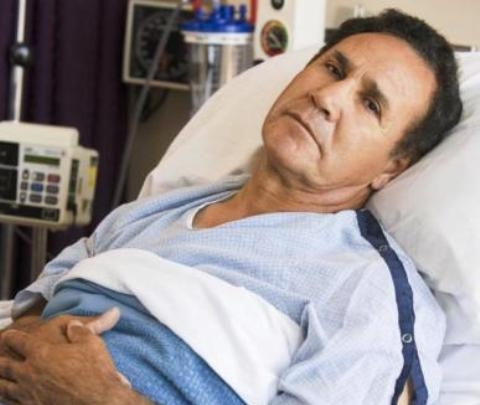When the Surgeon Becomes the Patient

Surgeons are a trusted line of defense for patients facing many kinds of illness. Surgeons are also human and they, too, can become ill. What happens then? And how does illness shape their behavior at the bedside?
We are not aware of an organized scientific study of surgeons who've become ill. We are aware that emotions ranging from despair to love drive physician behavior, as is chronicled in Danielle Ofri's What Doctors Feel. What's generally missing, excepting such rare autobiogaphical accounts as in urologist John McHugh's Prostate Diaries blog, is first-person story telling.
We learned recently that a surgeon close to the Surgeo family had been very seriously ill with aortic insufficiency. A very active, fellowship trained reconstructive urologist specializing in urethroplasty, correction of Peyronie's Disease, and penile implant surgery for erectile dysfunction, he was sidelined for a time by a very rare Bartonella Cat Scratch Disease endocarditis. The ensuing saga involved loss of physical stamina, elusive diagnosis, and aortic valve replacement. It equally involved reflection by this surgeon of what it means to be left in a hospital hallway to wonder if anyone even remembers you're still there.
Most strangely, this story also involved consultation with and indirect treatment by a veterinarian, which led to the obvious question: do veterinarians act differently from doctors who treat humans?
We invite you to listen as a master surgeon opens up about his experience as a surgical patient.












